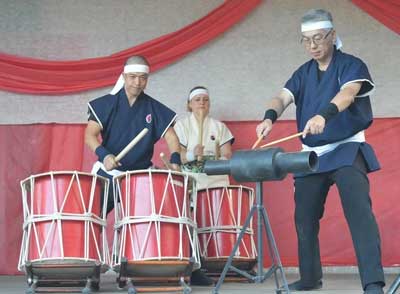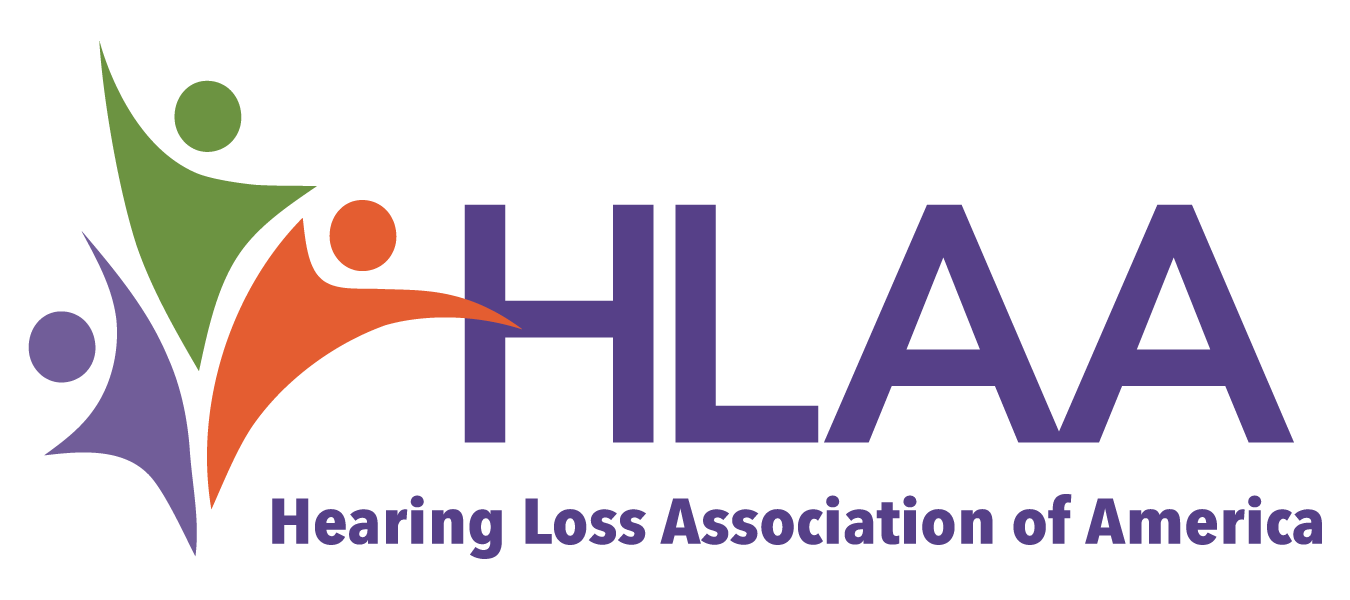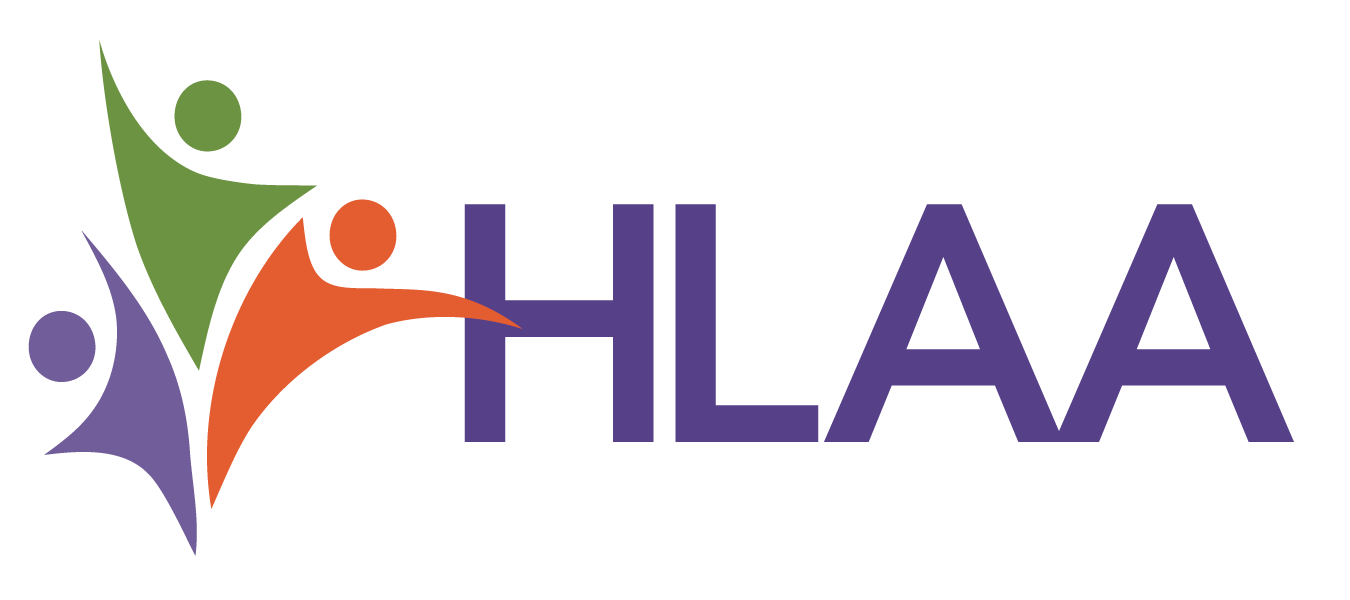I was honored to serve as a panelist for The Joy of Music/Loving Your Ears Research Symposium at the HLAA 2023 Convention in New Orleans. It was clear from all the questions the panel received that music listening is an important topic for people with hearing loss. Even though I am a cognitive neuroscientist researching music perception with hearing loss, I found myself leaning on my conservatory training as a classical pianist when answering many of the questions. This article summarizes the top questions from the symposium and some recommendations, drawing from my music conservatory background.
Problem #1: I can’t understand song lyrics at live concerts.
Advice: Study in advance like a musician.
- Before the concert, study the pieces, particularly making sense of each song’s lyrics and overall story. Understand how the lyrics differ between chorus vs. verses.
- Listeners without hearing loss may also struggle with this because of Problem #2.
Problem #2: It’s so loud and distracting at a live concert that I can’t hear anything.
Advice: Frame expectations going into a concert.
- Live concerts can be challenging due to large crowds and environmental noise. Also, the sound may seem quite different from the recording (for example, people could be singing out of tune or the venue’s acoustics and speakers might amplify and even distort the sound). But this is also what makes concerts exciting!
- Reframe your expectations to know that you’ll be walking into a situation that may sound quite different from your listening experience at home.
- Right after the concert, listen to a pristine sound recording like the CD and watch the official music videos to reinforce your memories of the concert and to help your music perception.
Problem #3: I was in a choir/band/music group and received a cochlear implant or hearing aids. Now, it sounds awful. It makes me not want to participate in musical groups anymore.
Advice: Be patient. It takes time. Practice makes perfect.
- Just as musicians must practice long hours, practice makes perfect when learning to use your hearing aid or CI. Work with your audiologist to adjust the settings over time.
- Rhythm is often the most preserved element for CI users—begin by listening/focusing on music with rhythmic elements. Some of my favorites:
- Kodo Taiko Japanese drumming group

- STOMP stage show
- Kodo Taiko Japanese drumming group
- Practice by yourself (i.e., solo) for a chunk of time. Then, when you’re ready, try rejoining the group.
- Don’t rely on your ears—record yourself playing. Performing musicians know that how we hear something at our instrument on stage differs from what the audience hears in a cavernous concert hall. I’ve always recorded myself repeatedly while taking notes on my scores to improve my playing. Also, ask a teacher or coach to help you. Rely on others to be your “auditory mirrors.”
- Use technology. Use a tuner to check if you are out of tune. Use metronomes. These can now be found easily as phone apps. Use these tools to aid you; professional musicians use all tools available.
- Consider in-ear monitors. Professional musicians wear customized in-ear monitors to help them hear themselves and protect their hearing. For example, see HLAA 2023 Research Symposium panelist Michael Santucci’s work at Sensaphonics. You can purchase in-ear monitors as alternatives to hearing aids. See this review of ASI Audio’s 3DME In-Ear Monitors by Nancy Williams.
Additional Tips to Enhance Music Listening
-
Use sound jackets to enhance your experience of live music concerts:

- Chicago Lyric Opera is piloting the SoundShirt: When sound is recorded, engineers mix the music and transform the sound data into the SoundShirt. This, combined with English subtitles or sign language interpretation, provides a full experiential immersion with an opera. Watch on YouTube.
- SoundShirts are manufactured by CuteCircuit.
- You can also use something else that transmits the vibrations. Anecdotally, I’ve heard about people who are deaf holding balloons to their chests at concerts to feel the vibrations of the music.
-
Become an expert listener:
- Musical training teaches musicians to be expert listeners. When we hear a composition, we don’t simply listen to it once. We listen to it multiple times, gradually transforming our understanding of the piece. We study the history and social context that surrounds a composition or composer. We read analyses of compositions.
- So, if music has lyrics, study the lyrics and the poetry. Analyze it. Expert listening skills can be developed through music appreciation classes or focused listening. Nancy Williams is an amateur pianist with hearing loss who writes blog posts about this at Grand Piano Passion.
- For pop music, this may involve watching music videos, reading interviews with the artist and studying the lyrics vs. instruments by themselves. For example, Apple Music allows you to see the lyrics. Then, you can invoke Apple Music Sing to hear the instrumental portion of the music separately.
- How does the song change over time regarding shifts in emotion, sound quality, dynamics and instrumentation? Studying these “landmarks” and understanding the structure of the music will make you a more informed listener.
View HLAA 2023
Research Symposium Highlights
To watch edited clips of The Joy of Music/Loving Your Ears presentations, click here.

If you or someone you know has a hearing loss, visit hearingloss.org for resources. Find a local chapter or Walk4Hearing near you.
For questions, contact HLAA at inquiries@hearingloss.org.
Enjoyed this post? Never miss out on future posts by following us.





